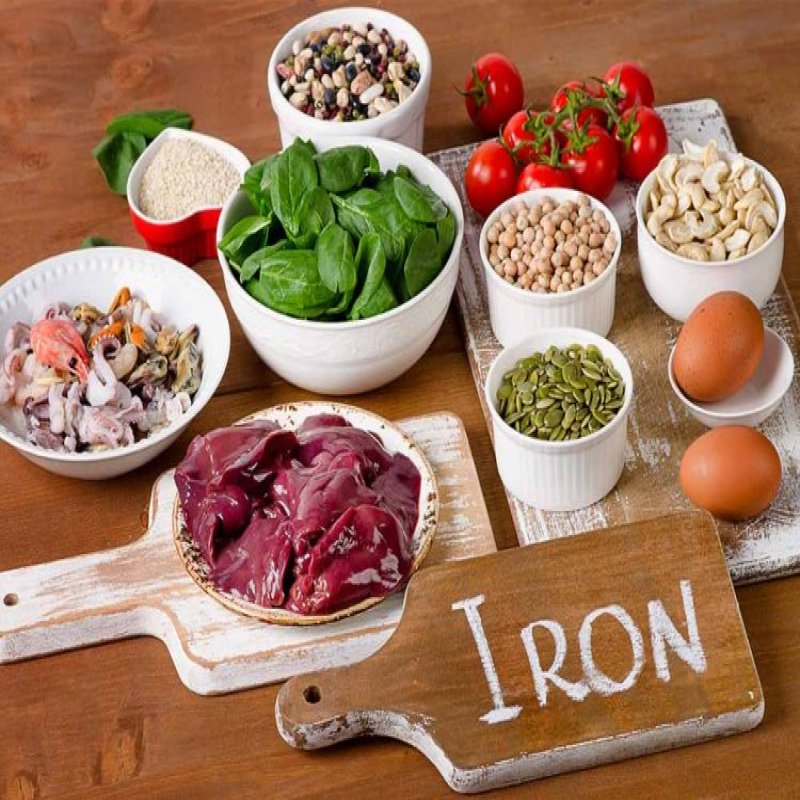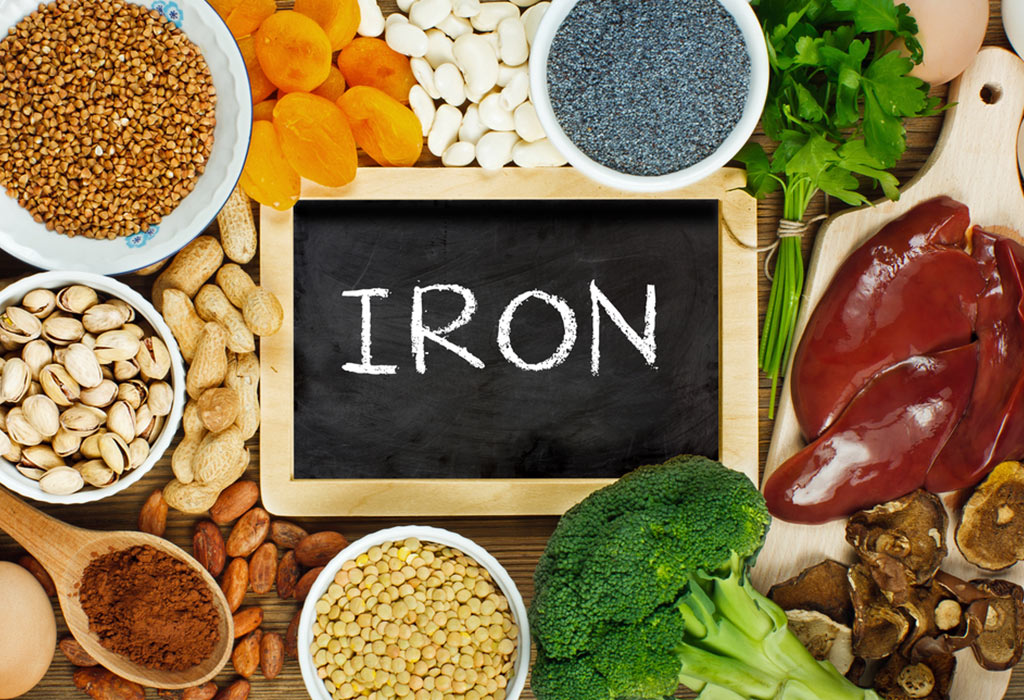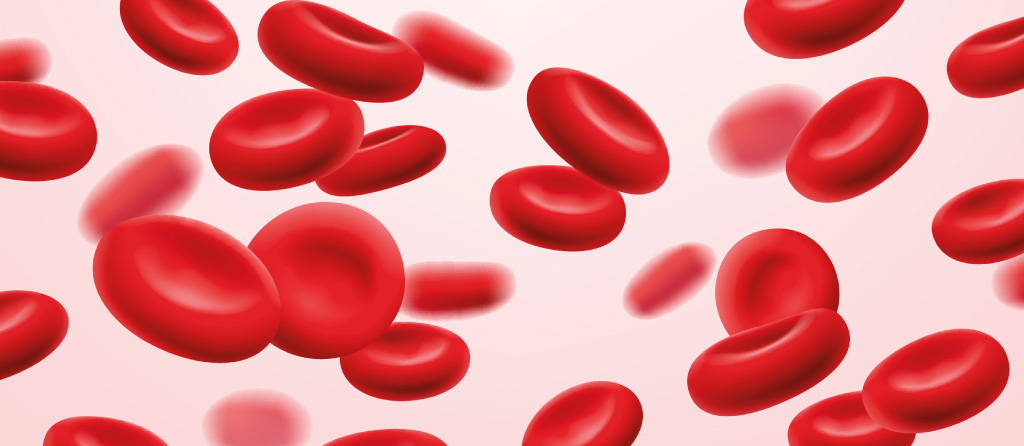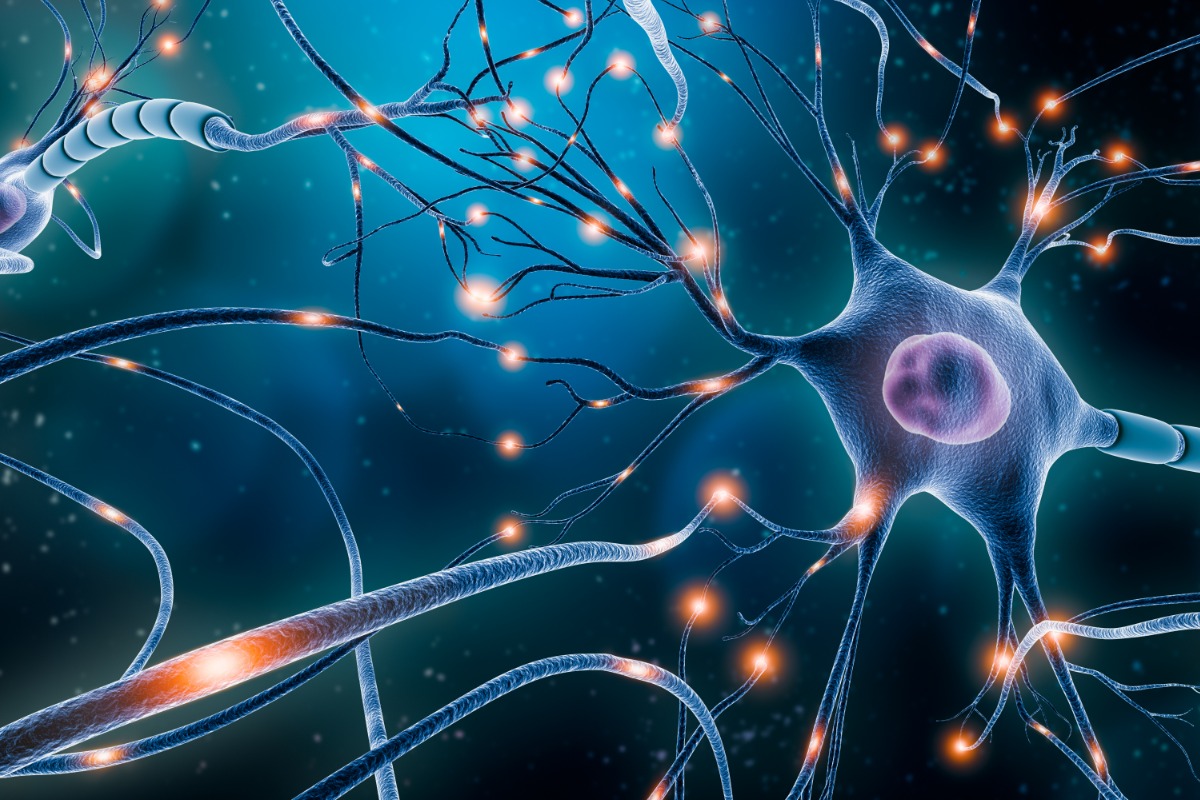
Iron is an essential mineral that supports several critical life functions. Every cell of our body contains iron. It enables the cells of our body to effectively utilize the oxygen we breathe in. It is an integral component of several proteins and enzymes. Thus, iron plays an important role in regulating human metabolism. Read on to know about the various roles of iron in our body!
In our body, about 70% of iron is found in hemoglobin and myoglobin. Hemoglobin is the primary transporter of oxygen from the lungs to the body’s tissues, whereas myoglobin is present in muscle cells that make the acceptance, storage, transportation, and release of oxygen possible. Also, about 5% of iron is present as components of various proteins and as necessary elements in enzymatic reactions.

Additionally, up to 25% of the body’s iron is stored in ferritin, which is present in the cells. Ferritin is a protein that helps in storing iron in the body and releasing it in a controlled manner whenever required.
Why is Iron Important to us?
When you consume iron in the recommended amount, it helps support several body functions. Some of the benefits are:
Boosts Hemoglobin Formation
One of the most important roles of iron is the formation of hemoglobin in our body. Hemoglobin in the blood aids in transporting oxygen to different cells of our body and is therefore vital for our survival. Our cells need a constant supply of oxygen to function appropriately and soon start dying out if starved of oxygen. Therefore, an adequate intake of iron is essential to ensure proper hemoglobin production in the body.

Improves Muscle Function
Iron is an important element for muscle health. It is present in muscle tissues and helps supply oxygen, which is required for muscle contraction. Without it, muscles lose their tone and elasticity, and movement will become impossible. Muscle weakness is one of the major signs of anemia.
Increases Brain Function
Iron plays a major role in maintaining proper brain health. The brain uses approximately 20% of the oxygen present in the blood. Since iron aids the supply of oxygen in the blood, it is directly related to brain health and its functions. Proper blood flow in the brain can stimulate cognitive activity and help create new neural pathways to prevent cognitive disorders like dementia and Alzheimer’s disease.
Read about the role of proteins on your brain health here!

Regulates Body Temperature
Iron has an important role in regulating body temperature. Keeping the body temperature stable ensures that the enzymatic and metabolic functions necessary for life can be efficiently carried out by the body. This is regulated by the effects on both heat production and heat loss rates. Heat production is related to poor thyroid function in people with iron deficiency. The heat loss rate is related to the competing demands for decreased blood flow vs. tissue oxygenation to minimize heat losses to the environment.
Synthesizes Neurotransmitters
Iron actively takes part in the synthesis of several essential neurotransmitters, such as dopamine, norepinephrine, and serotonin. These chemicals play pivotal roles in maintaining complex brain activities such as memory, thoughts, and emotions.

Supports Organ Systems
Iron is the most important constituent of various enzymatic systems in our body, such as cytochromes (electron transfer agents in metabolic pathways such as cellular respiration) and catalase (which catalyzes the decomposition of hydrogen peroxide into water and oxygen). Without these, our tissue and organ systems would slow down, and some would simply stop functioning altogether.
:max_bytes(150000):strip_icc()/human_digestive_system-57bf23283df78cc16e1df75f.jpg)
How to Include Iron in your Diet?
Some popular iron-rich dishes for the Indian palette are almond sheera, soya and cauliflower parantha, ragi roti, jowar bajre ki roti, mixed sprouts, rajma, palak paneer, spinach soup, gobi aloo, mutton liver fry, mutton korma, prawn curry, and different fish curries.

Many of the body’s critical life functions would fall apart without iron. Thus, make sure you include plenty of iron-rich foods in your diet as iron deficiency can cause serious health complications.
Daily Recommendation
According to the National Institute of Nutrition, the Recommended Daily Allowance for an adult male is 17mg/ day, and for an adult female is 21mg/ day. The daily iron requirements increase during pregnancy. Hence, pregnant women should consume 35mg of iron/ day.


.png)


